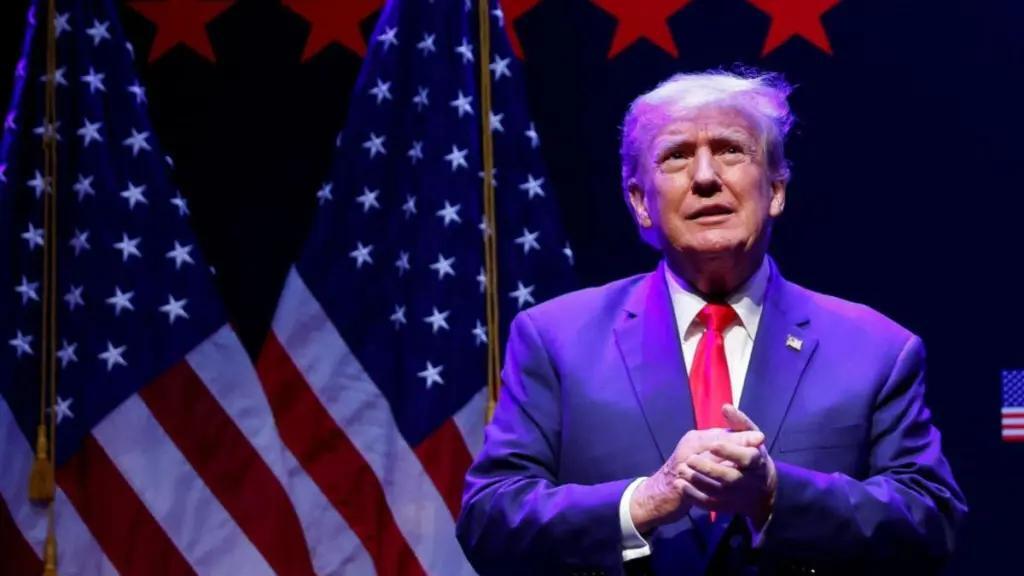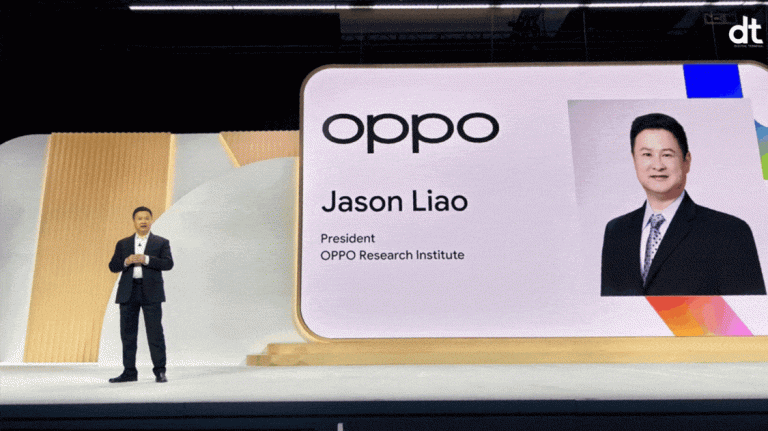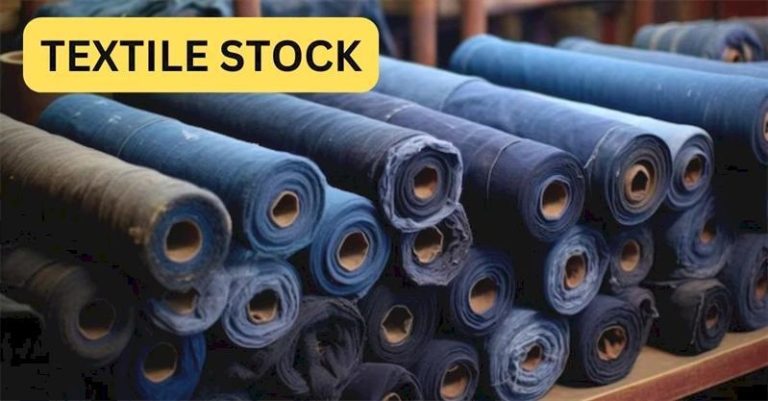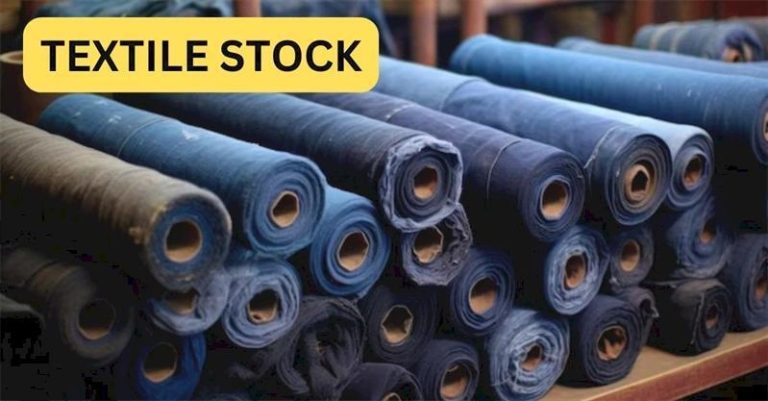
Donald Trump Exempts Smartphones & Computers from Reciprocal Tariffs
In a move that has sent shockwaves through the tech industry, United States President Donald Trump has exempted smartphones, computers, and other electronic items from the reciprocal tariffs imposed on Chinese goods. According to a Customs and Border Patrol notice, the exemption applies to a wide range of electronics, including laptops, tablets, and smartphones, as well as computer monitors, printers, and routers.
The exemption comes as a relief to tech giants such as Apple, who had been vocal about their concerns over the potential impact of Trump’s tariffs on gadget prices. Many of these companies have manufacturing facilities in China, which means that they would have been forced to absorb the additional costs of the tariffs, or pass them on to consumers.
Trump’s decision to exempt electronics from the tariffs is seen as a significant development in the ongoing trade tensions between the US and China. The tariffs were imposed by Trump in response to what he claimed was China’s unfair trade practices, including the theft of intellectual property and forced technology transfer.
The exemption is seen as a major victory for the tech industry, which has been grappling with the potential consequences of the tariffs. The industry has been warning that the tariffs could lead to significant price increases for consumers, as well as damage to the competitiveness of American companies.
“This is a huge win for the tech industry,” said a spokesperson for the Semiconductor Industry Association. “Exempting electronics from the tariffs will help to preserve the competitiveness of American companies and prevent price increases for consumers.”
The exemption is retroactive, meaning that it will apply to all electronics imported into the US since September 24, when the tariffs were first imposed. The exemption is expected to benefit a wide range of companies, including Apple, Samsung, and Intel, among others.
The exemption is seen as a significant concession by Trump, who had been under pressure from Congress and the tech industry to reconsider the tariffs. The tariffs had been seen as a major blow to the tech industry, which relies heavily on components imported from China.
The exemption is seen as a sign that Trump is willing to listen to concerns from the tech industry and other stakeholders. The move is also seen as a gesture of goodwill ahead of the next round of trade talks with China.
The exemption is not limited to just smartphones and computers, but also applies to other electronic items such as:
- Televisions
- Audio equipment
- Gaming consoles
- Printers
- Scanners
- Modems
- Routers
- Network equipment
- Medical devices
The exemption is seen as a major relief to the tech industry, which had been bracing for the impact of the tariffs. The industry had been warning that the tariffs could lead to significant job losses and damage to the competitiveness of American companies.
“This exemption is a significant step in the right direction,” said a spokesperson for the Consumer Electronics Association. “It will help to preserve the competitiveness of American companies and prevent price increases for consumers.”
The exemption is seen as a major victory for the tech industry, which has been working closely with the Trump administration to address its concerns. The industry has been warning that the tariffs could lead to significant consequences for the US economy, including job losses and reduced economic growth.
The exemption is seen as a significant development in the ongoing trade tensions between the US and China. The tariffs had been seen as a major escalation of the trade war between the two countries, and the exemption is seen as a sign that the two sides are willing to work together to find a solution.
In conclusion, the exemption of smartphones, computers, and other electronic items from the reciprocal tariffs is a significant development in the ongoing trade tensions between the US and China. The exemption is seen as a major relief to the tech industry, which had been bracing for the impact of the tariffs. The move is seen as a sign that Trump is willing to listen to concerns from the tech industry and other stakeholders, and it is a significant gesture of goodwill ahead of the next round of trade talks with China.






